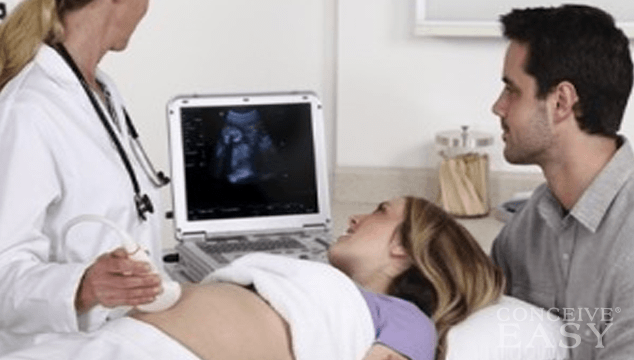Pregnancy brings joy that can’t be explained in words. Especially if it is your first time, you will feel immense happiness and delight. However, with that comes a little apprehension and tension. Pregnancy is huge and it brings numerous responsibilities. Your body undergoes a number of changes and you have to cope up with all of them. Besides that you should be careful about what you eat and what you avoid. You need to cope with the various problems that pregnancy brings such as morning sickness, fatigue, nausea, and pain in the abdomen. You should take good care of yourself to ensure that your baby is fine and is growing well inside you. Some of them are listed here. Claim Your 20 Free Pregnancy Tests – Click Here
To know that your baby is healthy you should go through a few tests during your first trimester or early pregnancy. Numerous different tests are performed at this time.

When you visit your doctor for the first time since conception, your doctor will go through your entire medical history and conduct a physical examination. He will draw your blood to perform these tests. Blood test includes complete blood count or CBC, which will show the number of red blood cells, white blood cells, and platelets present in your blood and whether the count is normal. This will reveal how healthy you are.

Your Rh factor will also be tested because the Rh factor plays an important role in the welfare of the child. Rh is actually an antigen and it is present on the RBC or red blood cells of many people. If the antigen is present on your red blood cells, you are Rh Positive.
If it is absent, you are Rh Negative. Performing this test is very important in order to save you and your baby from Rh incompatibility condition. This occurs when you are Rh negative and your baby is Rh positive. This could cause a serious problem in your next pregnancy.

An ultrasound is also a routine test and as the name suggests, sound waves are used in this test. As a result you will be able to see the baby’s picture in your uterus. Ultrasound is conducted in the first trimester in order to find out the age of the embryo, its size, and its position. If the doctor detects any problems, she might even go for a transvaginal ultrasound in order to get a clearer picture of the baby.

This screen includes a series of ultrasound tests and blood tests to find out if there is any risk of chromosomal abnormalities in your baby. The results of this test are not definitive but it is the most accurate test that is available today. The test will show if there are any risks of chromosomal defects and will also determine other problems such as cardiac disorders, and so on.

The CVS is another test used to check if there are certain defects. Chorionic villus is actually a part of the placenta, which is attached to the uterine lining. This test is performed during the ninth week, the tenth week, or the eleventh week of pregnancy. This test is especially important for older women.










Comments